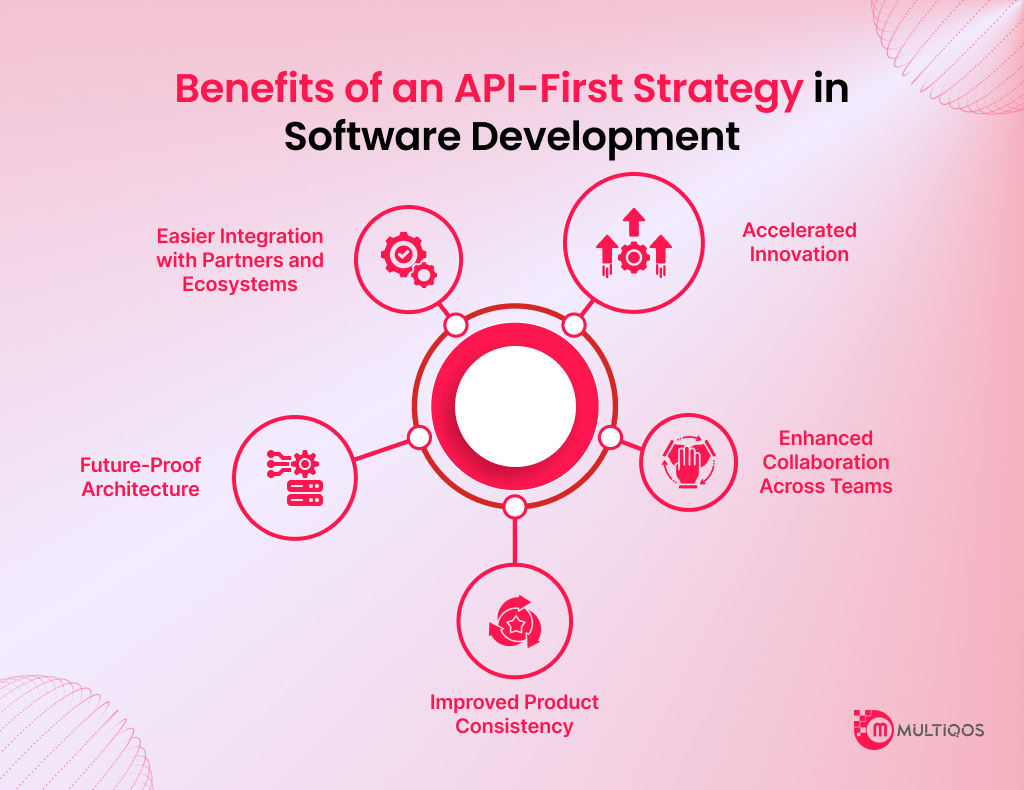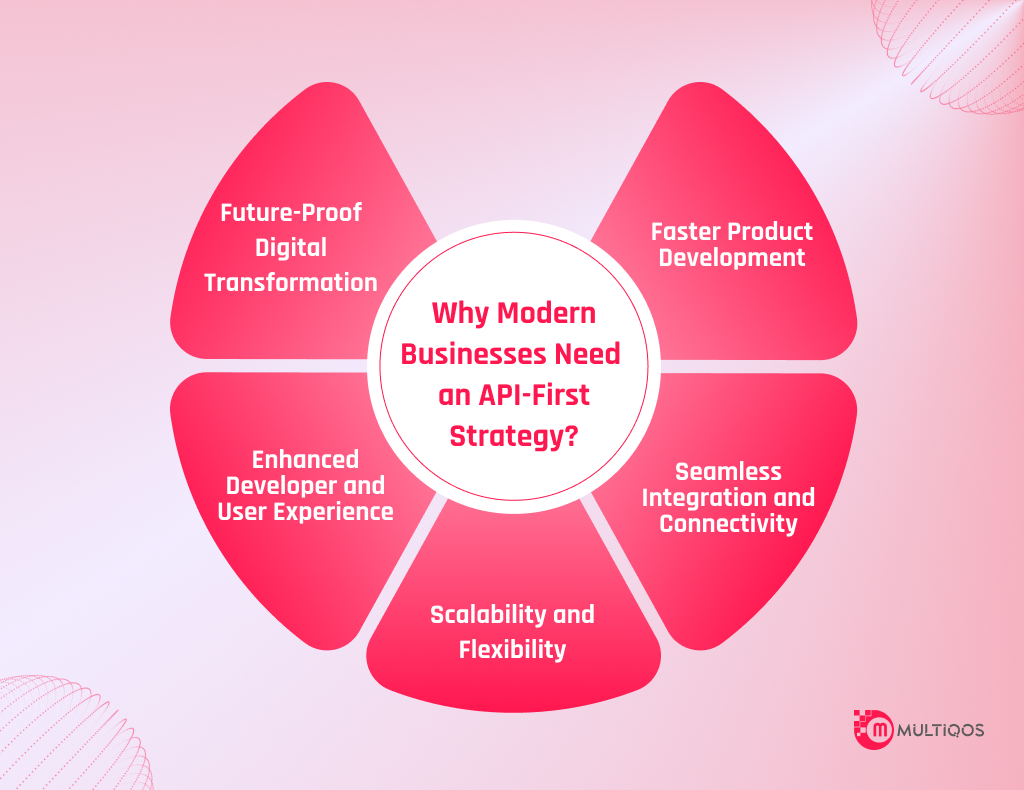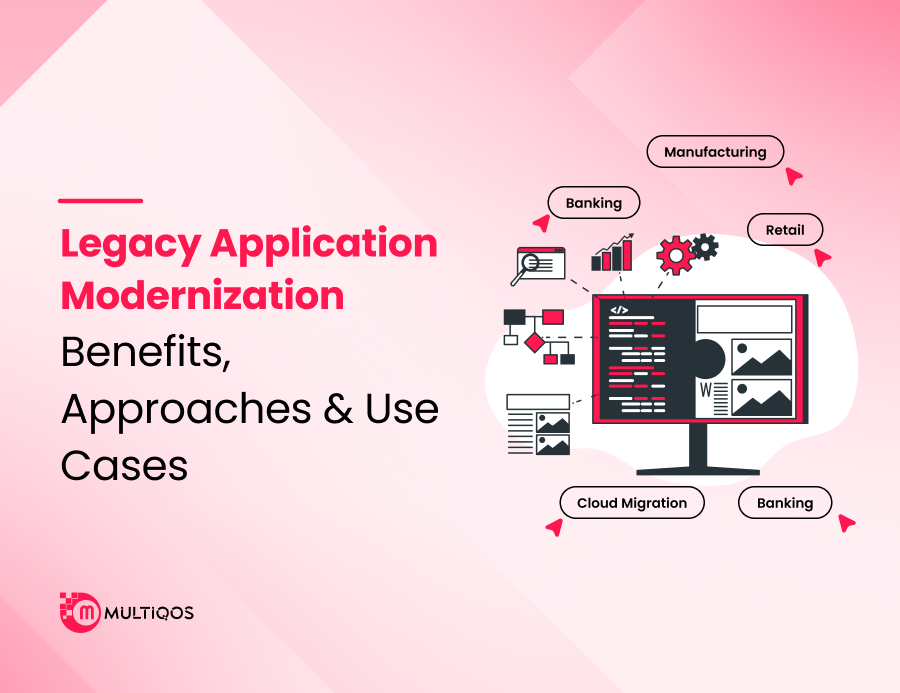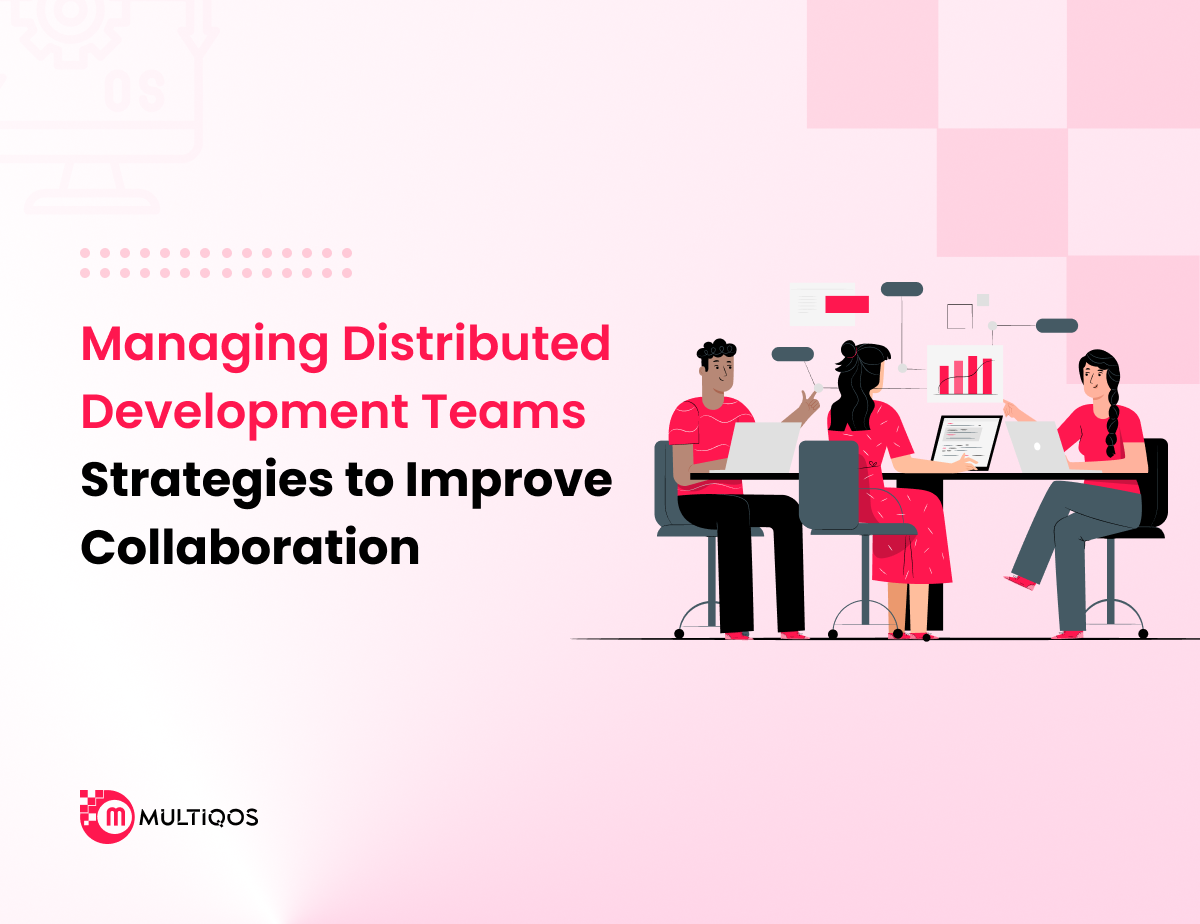Scaling Your Business with an API-First Strategy in Software Development
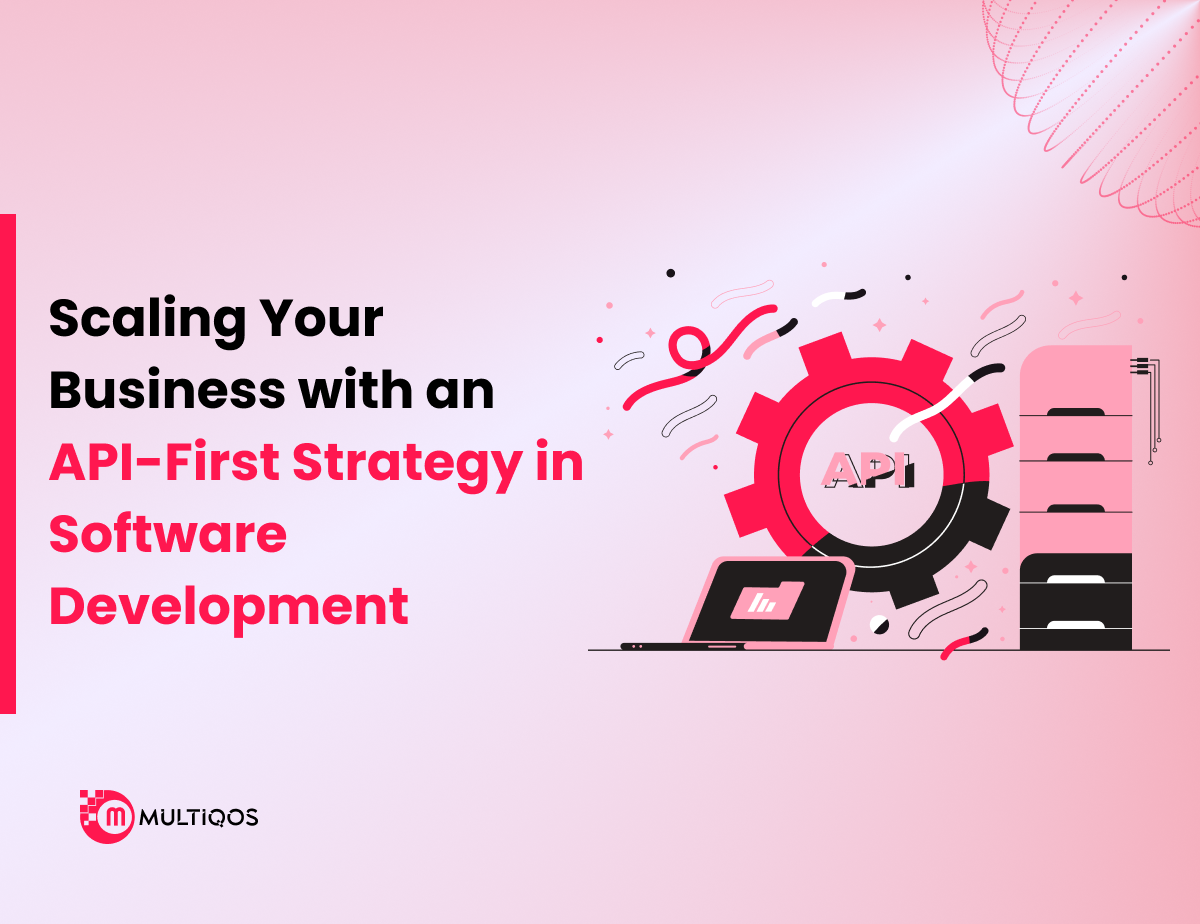
Summary :
An API-first strategy in software development focuses on designing APIs before building the application, ensuring seamless integration, scalability, and flexibility. This approach allows businesses to connect with third-party services easily, scale their systems efficiently, and adapt to evolving needs.
Prioritizing APIs enables faster development cycles, reduces time-to-market, and improves collaboration across teams. By establishing a strong API foundation, businesses can future-proof their software, enhance user experiences, and scale operations effectively as they grow.
Introduction
Businesses are repeatedly adapting and changing over time, and as they grow, the need arises for a software solution that is scalable, malleable, and connected. This necessity turns into level more critical as they innovate. Adopting an API-first strategy in software development is comprehensively recognized as one of the most useful systems for tackling challenges, as it prioritizes the creation of a well-documented and sturdy API.
This ensures that the various components of the system are prepared for future developments. For developers glancing to create new applications, facilitate communication across different platforms, or add third-party services, this proactive approach lays a solid groundwork for innovation and sustained progress.
What is an API-First Strategy?
As the term implies, an API-first strategy revolves around the design and growth of software with a primary concentration on Application Programming Interfaces (APIs). These APIs are collections of protocols and recommendations that allow applications to communicate and share data with one alternative.
When developers choose this strategy, they can design the API interface at an earlier time building the rest of the application. Particularly, it’s crucial for developers to identify how APIs can meet business objectives and hindrances before diving into the coding phase. The API-first strategy in software development focuses on creating well-methodical, reusable, and standardized APIs that serve as straightforward agreements within various procedure components.
This tactic enables developers to collaborate simultaneously, maintain authenticity, and scale efficiently. By prioritizing the API layer from the outset, businesses can speed up advancement, boost flexibility, and utilize expert software development services to easily unite with third-party systems or new technologies as they continue to widen.
Benefits of an API-First Strategy in Software Development
In the new era of software development, adopting an API-first strategy brings numerous advantages for businesses and development teams alike. Here are the key benefits that make this approach essential for modern software projects.
1. Accelerated Innovation
An API-first strategy empowers progress teams to innovate faster by decoupling services and making it less challenging to study with new plans. Because APIs serve as a stable foundation, new attributes, products, or integrations can be developed and tested without disrupting core systems. This flexibility helps businesses respond immediately to market modifications, customer return, and rising technologies such as AI, IoT, or crypto network, keeping them onward of the competition.
2. Enhanced Collaboration Across Teams
By identifying APIs ahead of coding, different teams, front-closure, back-end, QA, and balanced outside partners can work in parallel using a shared API negotiation. This eliminates dependency issues, reduces communication gaps, and shortens improvement cycles. For instance, front-termination developers can use mock APIs to develop interfaces while the back-end team develops the underlying logic, ensuring faster and smoother product delivery.
3. Improved Product Consistency
APIs require steady data compositions, endpoints, and response formats across applications. This uniformity ensures that whether users interact through a mobile app, web portal, or third-party joining, they experience the same functionality and correctness. It further makes onboarding new developers more convenient since standardized APIs are trouble-free to understand, maintain, and expand.
4. Future-Proof Architecture
As technology evolves, systems built with an API-first mindset can adapt seamlessly. The modular nature of APIs means that individual components can be updated, replaced, or scaled without affecting the rest of the system. This flexibility allows businesses to integrate new technologies, switch to microservices, or migrate to the cloud with minimal friction, ensuring long-term scalability and cost efficiency.
5. Easier Integration with Partners and Ecosystems
APIs open the door for collaboration with opposite businesses, developers, and platforms. By disclosing collect and well-documented APIs, firms can authorize third parties to assemble on prime of their services, increase their product natural system, and make new revenue prospects. For specimen, payment providers, logistics services, or review tools can without trouble come together, improving the totally value of the product.
Why Modern Businesses Need an API-First Strategy?
Modern businesses face increasing demands for agility, scalability, and seamless integration. Here are the key reasons why adopting an API-first strategy in software development is crucial for staying competitive and driving growth.
1. Faster Product Development
Adopting an API-first strategy in software development enables teams to define clear API contracts before coding begins. This approach allows front-end and back-end developers to work simultaneously, significantly reducing development time and accelerating product launches. As a result, businesses can respond faster to market demands and deliver new features efficiently.
2. Seamless Integration and Connectivity
With an API-first strategy in software development, organizations can easily connect applications, services, and third-party platforms. APIs act as the digital glue that links different systems, enabling smooth data flow and collaboration across ecosystems. This seamless integration helps companies deliver connected user experiences and extend their digital reach.
3. Scalability and Flexibility
API-first architectures support modular, microservices-based systems that can easily scale as demand grows. Businesses can update or expand individual components without disrupting the entire system, ensuring long-term growth and adaptability.
4. Enhanced Developer and User Experience
By prioritizing APIs early in the development process, an API-first strategy in software development ensures consistent standards, better documentation, and simplified workflows. Developers can integrate, test, and innovate more efficiently, while users benefit from smoother, more reliable digital experiences across platforms.
5. Future-Proof Digital Transformation
As technology evolves, an API-first foundation makes it easier to adopt new tools, frameworks, and innovations. Whether integrating AI, IoT, or cloud services, organizations built on API-first principles are better positioned to evolve with changing business and customer needs.
Final Thoughts
Working with an API-first strategy in software development is not just a growth-driven approach but a technical choice that helps businesses scale efficiently, stay adaptable, and innovate quickly in a competitive market. When you prioritize APIs from an initial stage, organizations can build a system that can be easily integrated, maintained, and extended, paving the way for seamless collaboration across platforms and teams.
In order to successfully implement this strategy, you need to hire software developers who are well-versed in implementing the principles of API design and interoperability. Such skilled and professional experts can ensure that your API-first approach aligns well with your business objectives and supports long-term digital transformation.
FAQs
An API-first strategy in software development means designing and building APIs before developing the rest of the application. It ensures that APIs serve as the foundation of the system, enabling seamless integration, scalability, and flexibility across various platforms and services.
By adopting an API-first approach, businesses can easily integrate new features, connect with third-party services, and expand into new markets without rebuilding their systems. This modular and scalable structure supports rapid growth while maintaining performance and consistency.
Yes, an API-first strategy in software development benefits businesses of all sizes, from startups to large enterprises. Any organization that relies on digital systems, integrations, or customer-facing applications can gain agility, scalability, and long-term value from this approach.
Our team specializes in designing and implementing API-first methods in software growth tailored to your business needs. From API design and blending to scalable composition and persisting backup, we assure your systems are future-ready. Relation us today to discuss how we can help you quicken improvement, correct productivity, and unlock new chances through APIs.
Get In Touch


